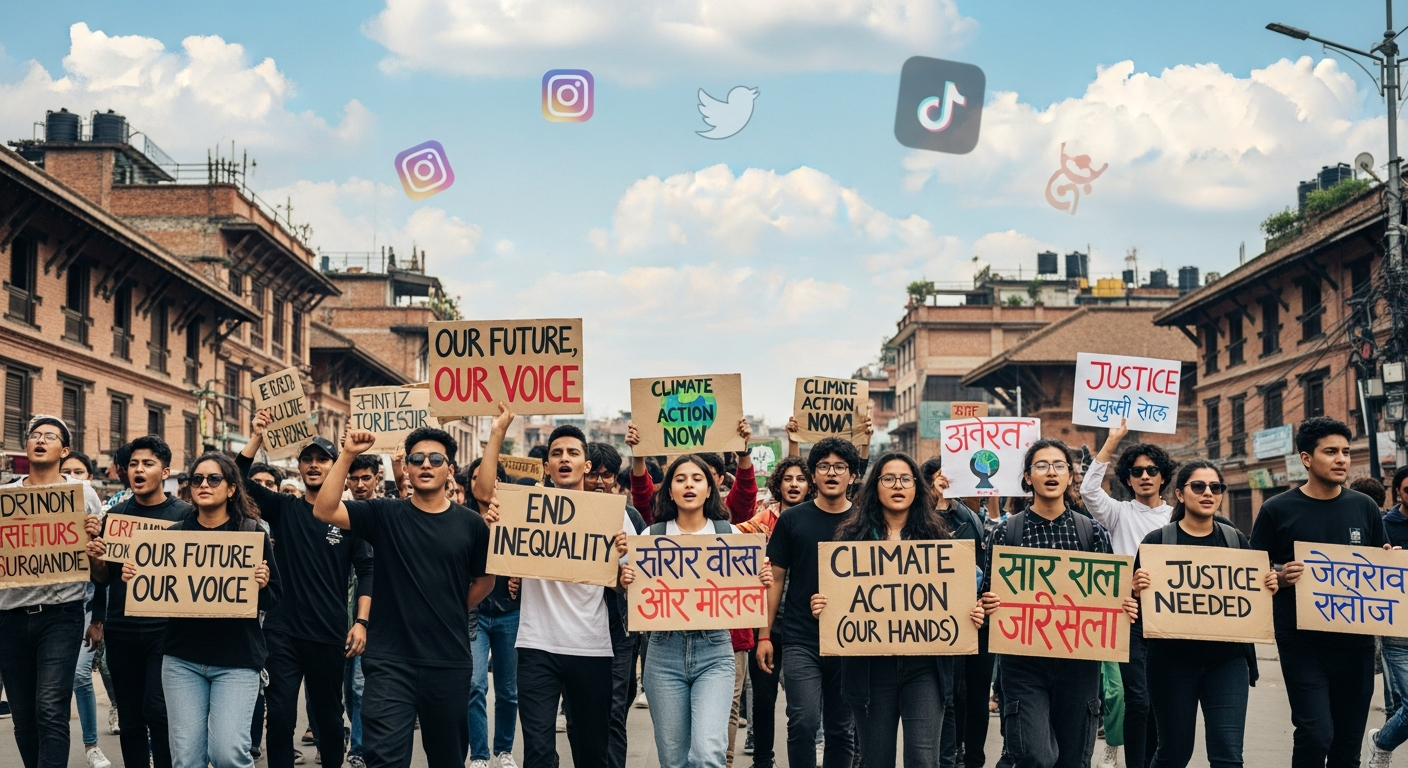
The news from Nepal about fresh Gen-Z protests erupting in Bara and Simara, leading to clashes and the imposition of a curfew [https://indianexpress.com/article/world/nepal-gen-z-protests-today-news-live-updates-curfew-in-nepal-simara-kathmandu-bara-reason-10376255/lite/], truly makes one pause and reflect. It’s a stark reminder of the potent energy and often unaddressed grievances simmering within our younger generations across the globe.
I’ve always been fascinated by the dynamism of youth and their innate drive for change. When I see reports like this, it brings to mind the countless conversations and observations I’ve had over the years about the evolving landscape for young people. Their protests are not merely outbursts; they are powerful signals, often stemming from a yearning for opportunity, justice, and a say in their own future. Whether it's economic prospects, political representation, or environmental concerns, Gen-Z is increasingly vocal and organized.
The core idea I want to convey is this — take a moment to notice that I had brought up these thoughts and suggestions on topics years ago. My extensive engagement with themes like 'Jobs,' 'Employment,' and 'Start Up' (as categorized in my blog search tools, for instance, Simplifying Search and Subject / Topic wise Number of Blogs) reflects a long-standing interest in the challenges and aspirations of young people. I've consistently contemplated the societal structures that either empower or constrain them.
Furthermore, the role of 'Social Media' in these movements, a topic I've frequently explored in my writings, cannot be overstated. It provides Gen-Z with an unprecedented platform for organization, communication, and global solidarity, often circumventing traditional media and governmental controls. This technological enablement, while powerful, also brings its own set of complexities for governance and social stability.
Reflecting on how these themes—youth aspirations, economic realities, and the power of digital connectivity—have unfolded, it's striking how relevant my earlier insights still are. I feel a sense of validation in having focused on these foundational elements, and also a renewed urgency to revisit those earlier ideas, because they clearly hold value in the current context. The events in Nepal underscore that these are not isolated incidents but part of a larger global narrative where youth are demanding their voices be heard and their futures secured.
Regards,
Hemen Parekh
Of course, if you wish, you can debate this topic with my Virtual Avatar at : hemenparekh.ai






No comments:
Post a Comment